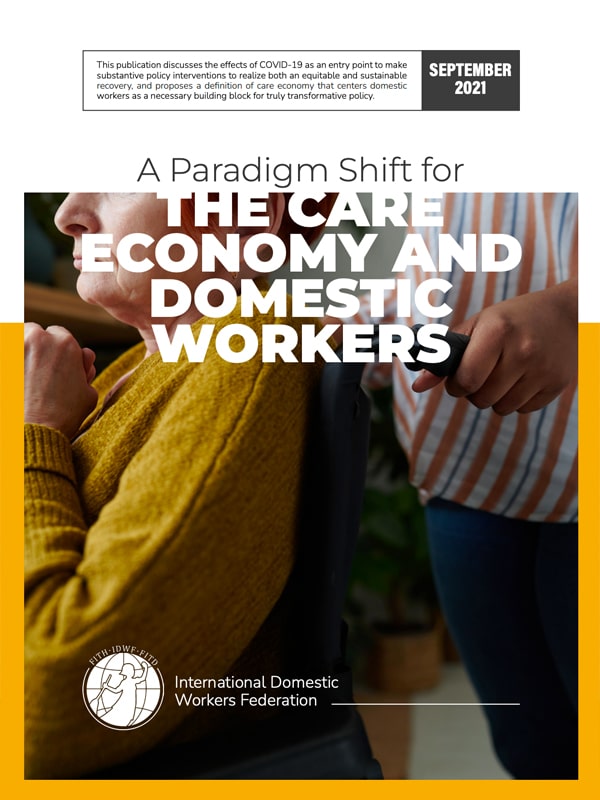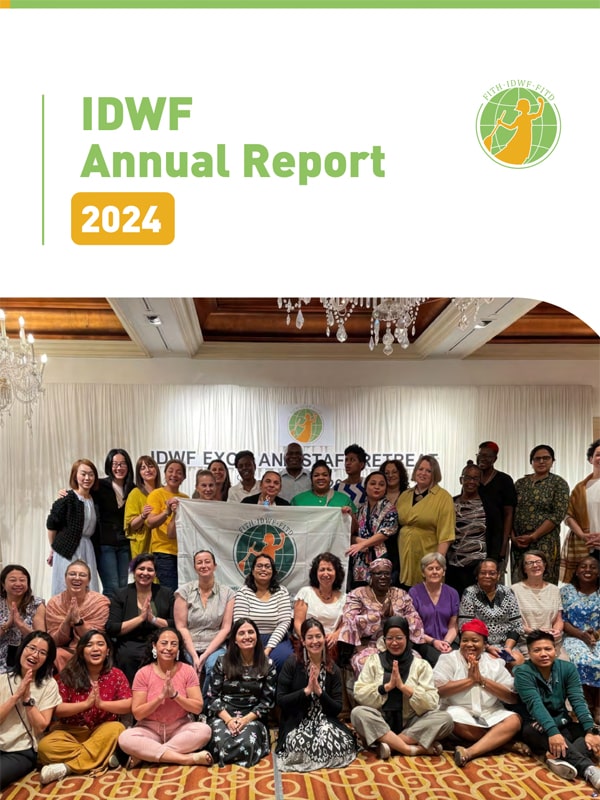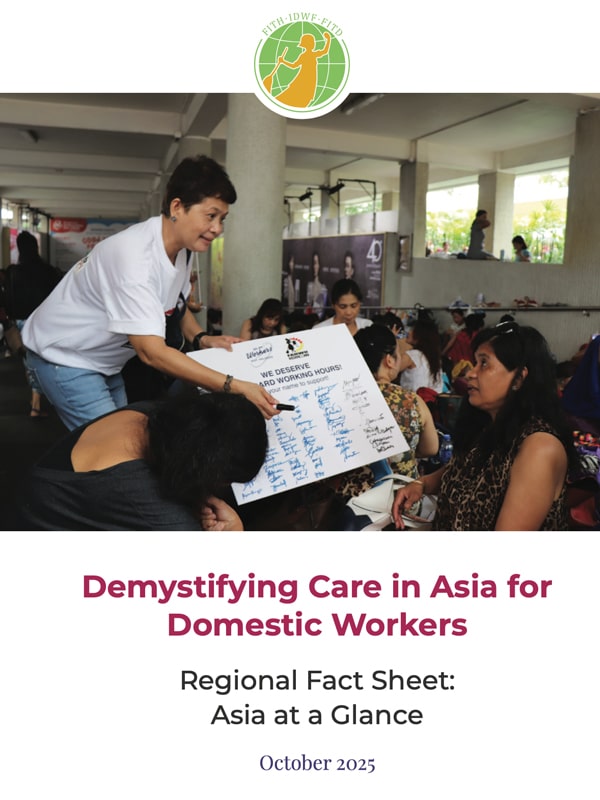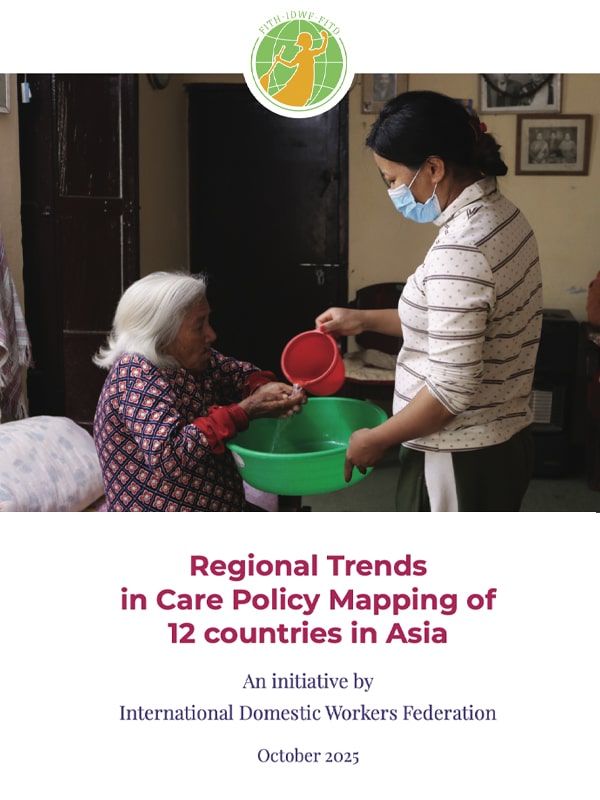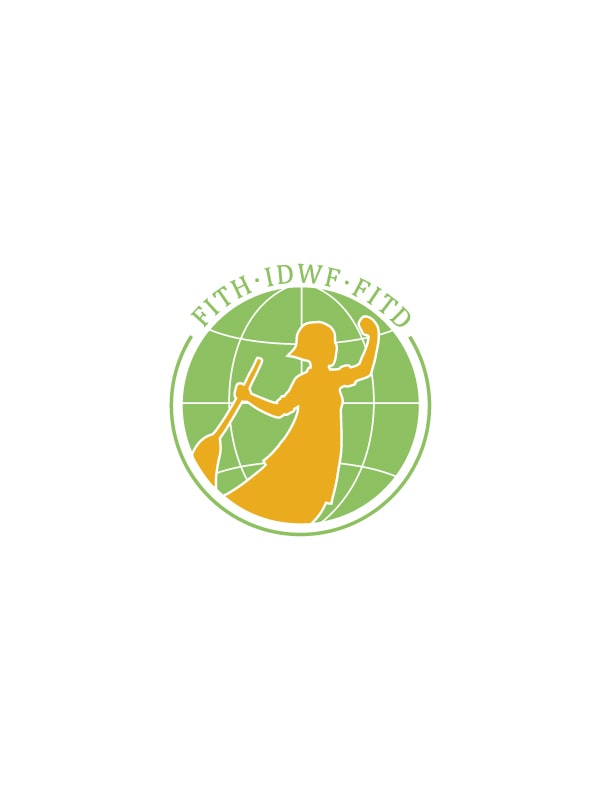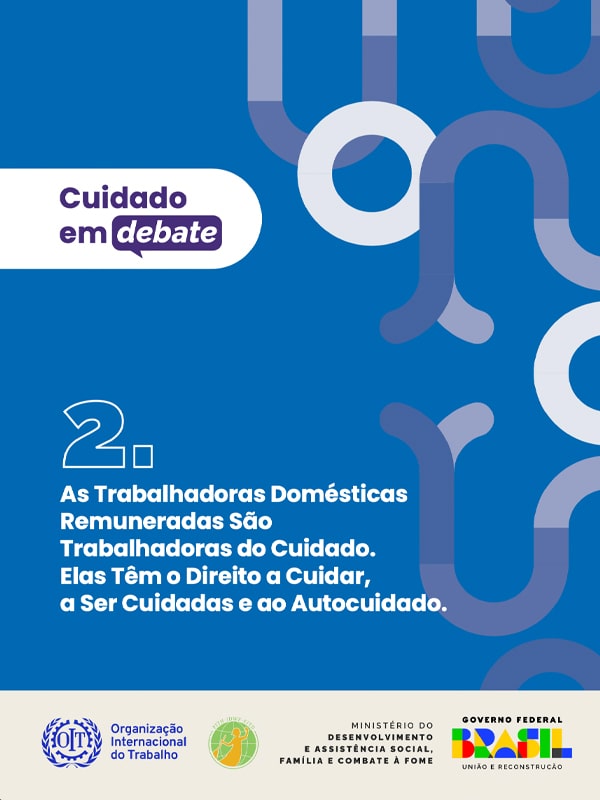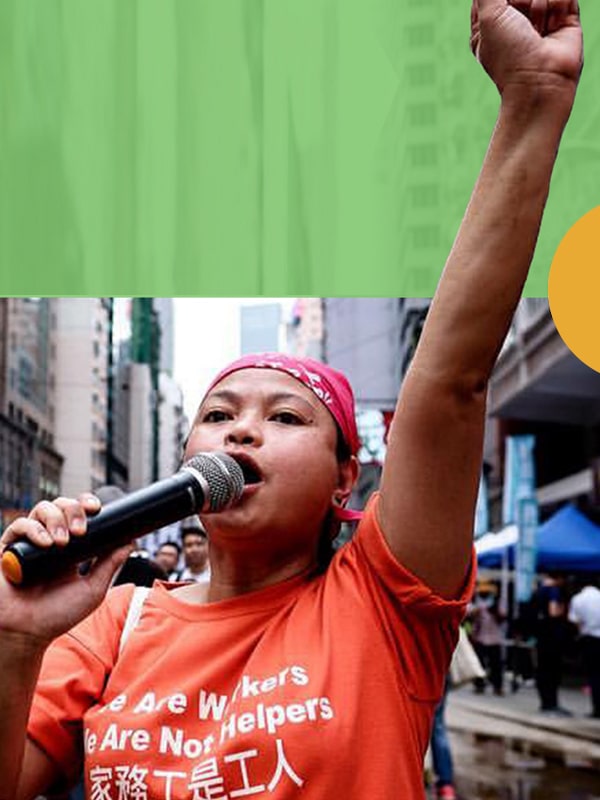The world is being cared for by workers of the formal and informal economy, however, only the former has recognition, albeit incomplete. With the COVID-19 pandemic sweeping the world, the already feminized workforce in Asia and the Pacific sustained deep repercussions. On the one hand, massive losses of jobs caused deep disenfranchisement to domestic workers with no safety nets to fall back on in the absence of social protection. Many domestic workers suffered job losses (ILO, 2020 )which is exacerbated by their inability to access governmental provisions such as social security: 84,3% of the domestic workers in Asia are informally employed and have no access to benefits whether or not they have the legal right to social security (ILO, 2021). On the other hand, domestic workers that have not lost their jobs saw their hours increase inhumanely (UNESCAP, 2019).
The pandemic has certainly brought to light deep-seated issues in the policy landscape surrounding domestic work in Asia and the Pacific. This chapter discusses the effects of COVID-19 as an entry point to make substantive policy interventions to realize both an equitable and sustainable recovery. The chapter proposes a definition of care economy that centers domestic workers as a necessary building block for truly transformative policy.
At IDWF, we have been engaged in this conversation for a long time, with our affiliates campaigning for the right to care.
Read more about our positioning on a paradigm shift for care in Asia.
Download here:

